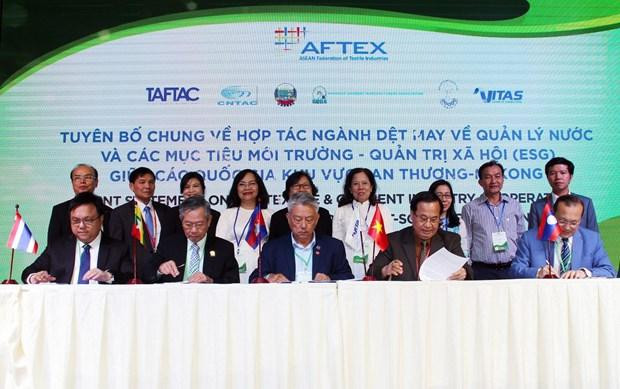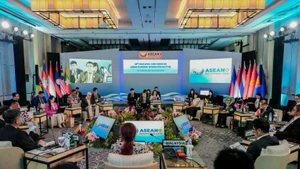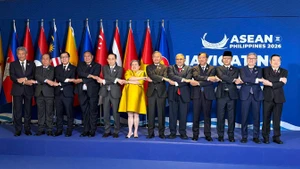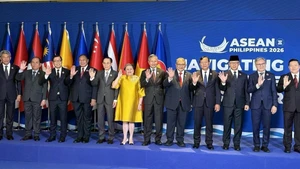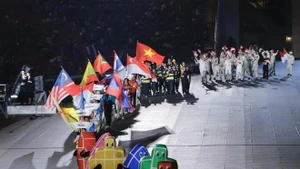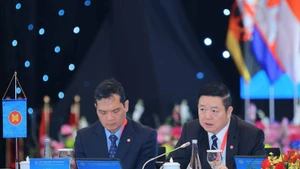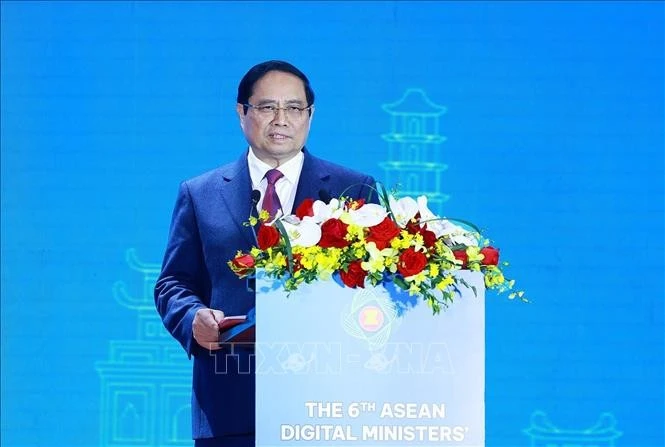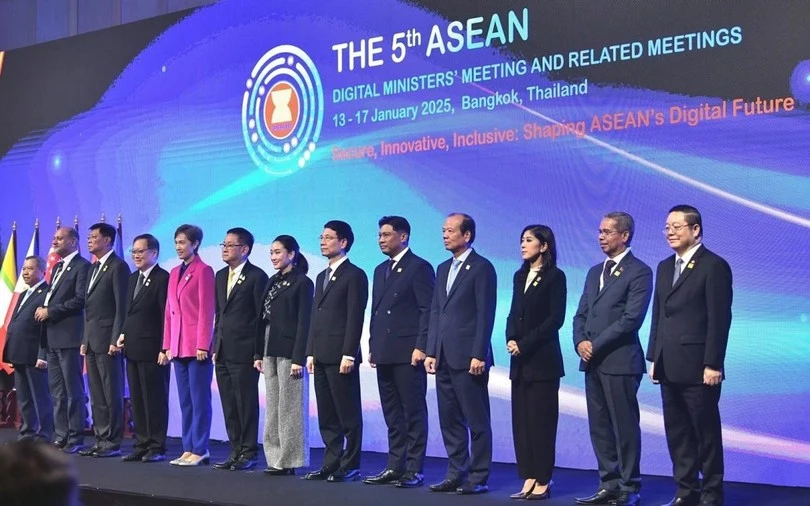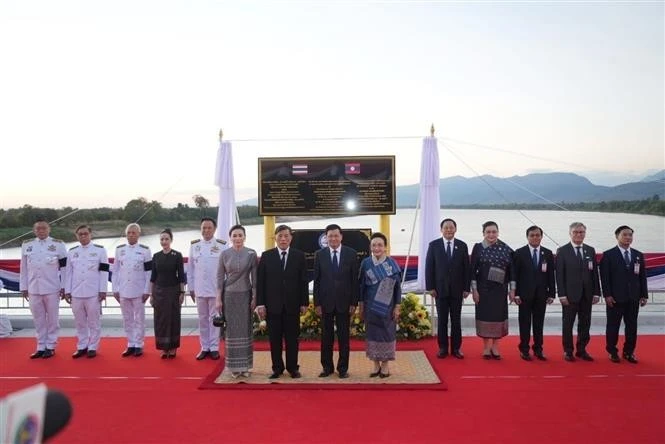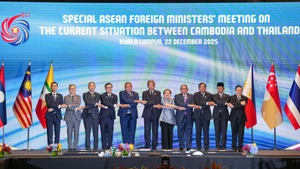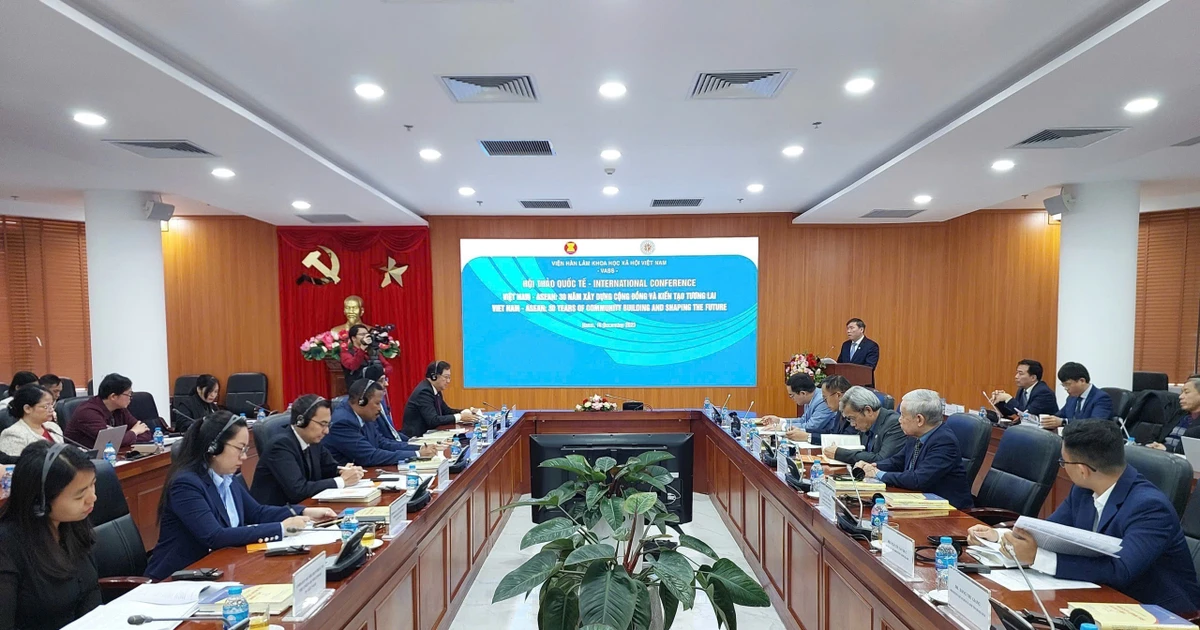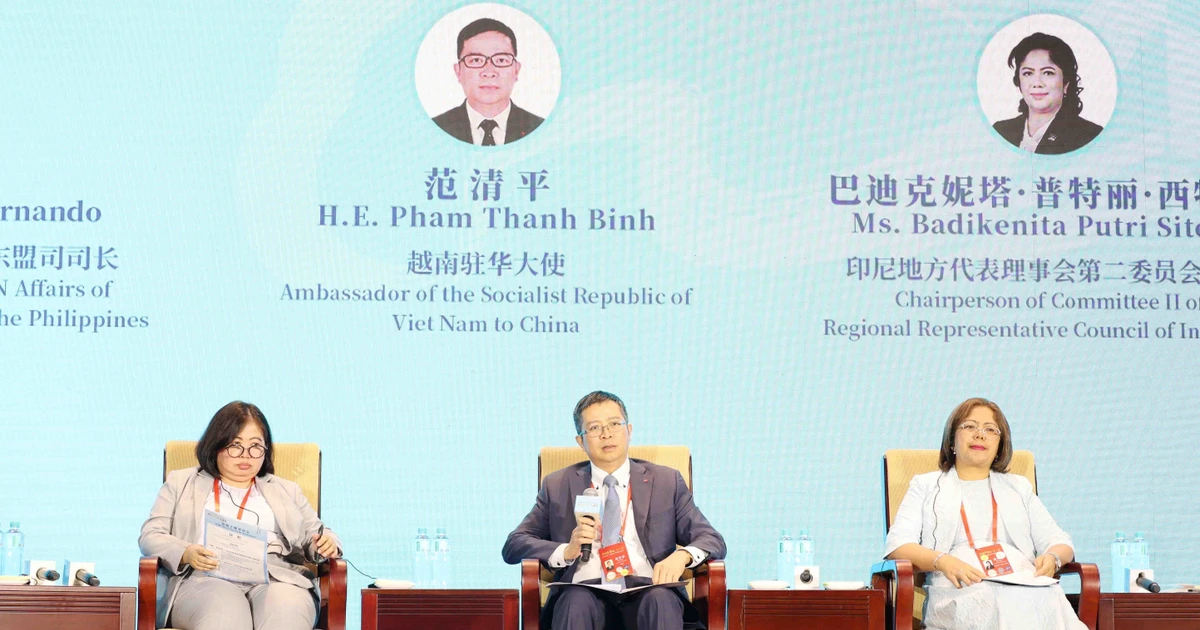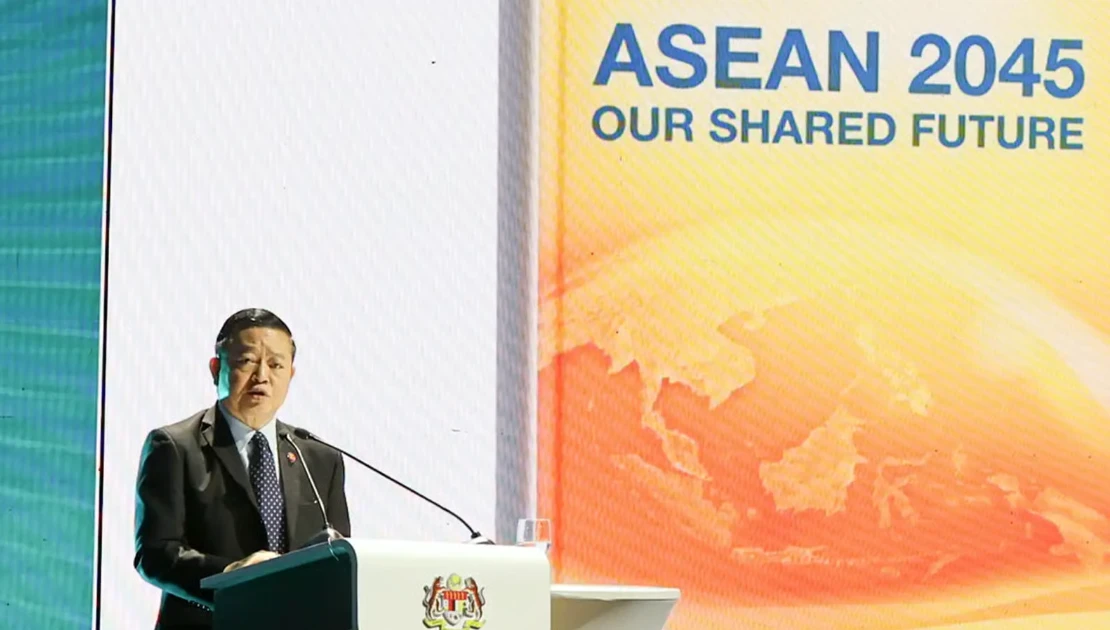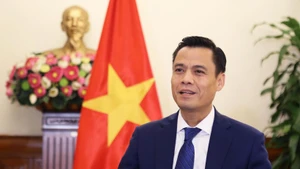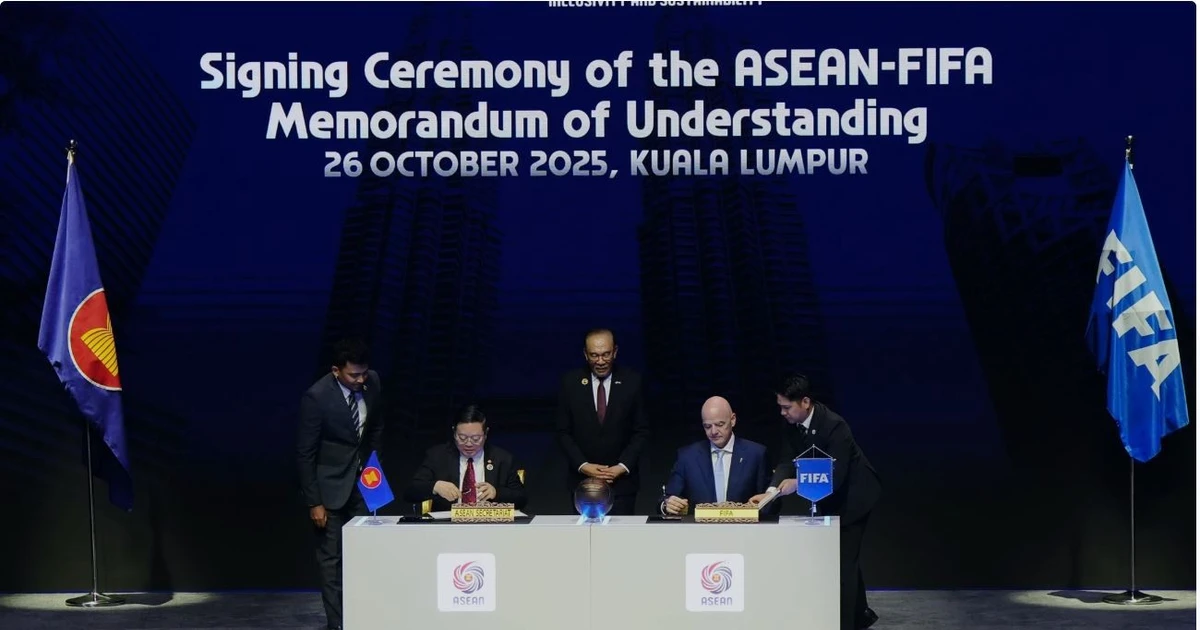Vu Duc Giang, Chairman of the Vietnam Textile and Apparel Association (VITAS) and AFTEX President for the 2021-2022 tenure, said facing intertwined opportunities and challenges in the global market, businesses of AFTEX member countries should continue building information channels to connect with one another more strongly and provide mutual assistance to tap into the strengths of each country.
In the time ahead, member countries need to coordinate to form fibre, weaving, dyeing, and sewing connectivity chains and share experience among their businesses, thereby expanding the textile and garment market within the AFTEX bloc and helping firms develop sustainably and adopt green practices, he noted.
Representatives of AFTEX member associations said impacts of disease outbreaks and the Russia - Ukraine conflict have been changing consumer trends and demand while boosting logistics costs and fuel prices. These factors are also encouraging consumers and producers’ shift from “fast fashion” to “sustainable fashion”.
Given this, participants gave several cooperation recommendations to build supply chains for the textile and garment industry.
At the event, Giang handed over the rotating presidency of AFTEX for 2023 - 2024 to Tan Kim Teck Albert, Chairman of the Textile, Apparel, Footwear and Travel Goods Association in Cambodia.
